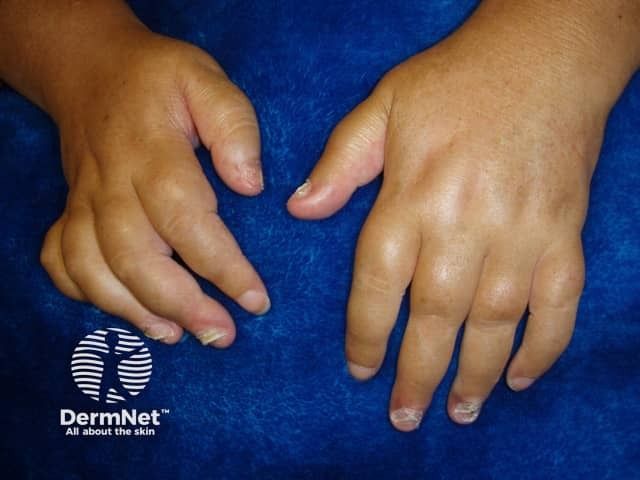- Case-Based Roundtable
- General Dermatology
- Eczema
- Chronic Hand Eczema
- Alopecia
- Aesthetics
- Vitiligo
- COVID-19
- Actinic Keratosis
- Precision Medicine and Biologics
- Rare Disease
- Wound Care
- Rosacea
- Psoriasis
- Psoriatic Arthritis
- Atopic Dermatitis
- Melasma
- NP and PA
- Skin Cancer
- Hidradenitis Suppurativa
- Drug Watch
- Pigmentary Disorders
- Acne
- Pediatric Dermatology
- Practice Management
- Prurigo Nodularis
- Buy-and-Bill
Article
New survey debunks acne myths
Alexa Boer Kimball, M.D., assistant professor of dermatology at Harvard University, Boston, discussed a recent Stanford University survey that determined which acne myths still persist among young adults as well as several studies on the scientific accuracy of those beliefs, at a press conference yesterday.

"Although new acne treatments are developed every day, a cure for acne has not yet been discovered," Dr. Boer Kimball says. "Yet many of these treatments are based on anecdotal observations and have not been rigorously tested by science. The survey indicates that these myths are still affecting how patients care for their acne."
Myth No. 1: Poor hygiene worsens acne
Stanford survey findings: Washing the face once, twice or four times daily did not significantly change the appearance or condition of acne, and determined that the positive effects of increased facial cleansing are minimal at best. Dermatologists continue to recommend washing the face twice daily to maintain good, overall skin health.
Myth No. 2 Exercise can clear or worsen acne
Stanford survey findings: Exercise-induced sweat does not have a significant positive or negative influence on acne of the chest or back. "Based on the finding of this study, regular exercises can be encouraged for patients with acne," Dr. Boer Kimball says. "But they should avoid tight-fitting clothing and equipment. If tight-fitting equipment is required, it should be cleaned on a regular basis."
Other acne myths
The Stanford survey also found that respondents believed that poor diet and decreased sleep can negatively affect acne. In addition, more than 80 percent of participants believed that increased stress, touching the face and popping pimples exacerbated the condition.
Among male and female participants, the only differences noted were that more females believed that increased stress could worsen acne and that drinking more water would improve the quality of their skin. The study also found that some beliefs that were previously popular about acne were no longer viewed as true, including the idea that tanning improves the appearance of acne.
"What this survey and these studies have show is that substantial differences still exist between popular beliefs and scientific support, yet this does not change the way patients attempt to care for their acne," Dr. Boer Kimball says.




